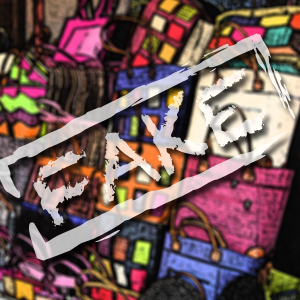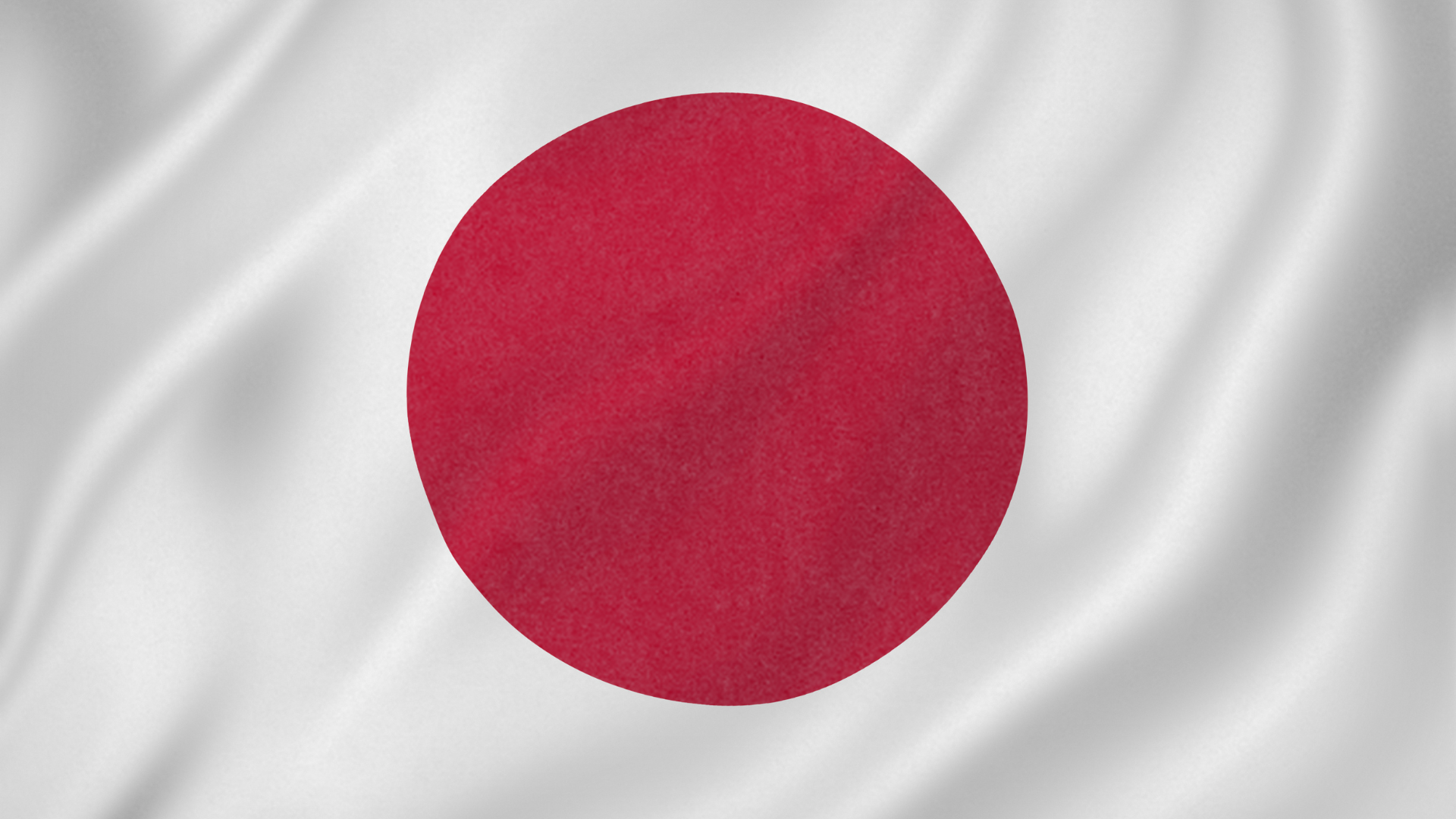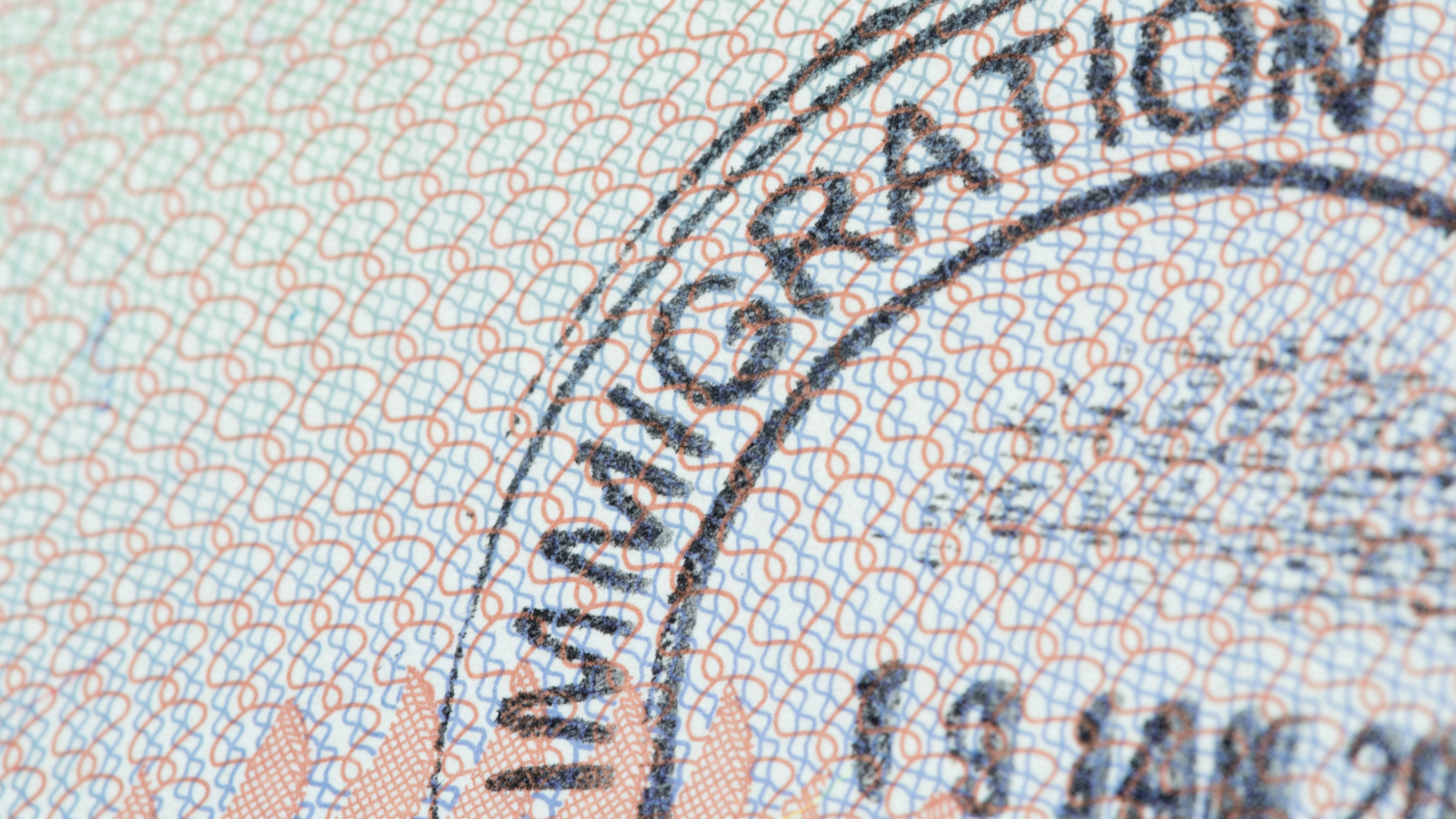In the issue of piracy and fake goods, the Philippines is listed as one of the 29 nations being monitored by the Office of the US Trade Representative (USTR).
USTR drafted its 2011 ‘Special 301’ report stressing the Philippines’ inability to effectively implement the intellectual property rights (IPR) in the country making this a major concern of the agency.
The USTR is an agency tasked to develop and coordinate American international trade, goods and direct financial policies.
Fake designers’ products include handbags, shoes, watches and ready-to-wear garments. Other nations being monitored include Belarus, Bolivia, Brazil, Brunei, Colombia, Costa Rica, Dominican Republic, Ecuador, Egypt, Finland, Greece, Guatemala, Italy, Jamaica, Kuwait, Lebanon, Malaysia, Mexico, Norway, Romania, Spain, Tajikistan, Turkey, Turkmenistan, Ukraine, Uzbekistan and Vietnam.
Several countries such as Algeria, Argentina, Canada, Chile, China, India, Indonesia, Pakistan, Thailand, Russia, and Venezuela are included in the agency’s “priority watch list.”
The USTR recent report has highlighted the Philippines initiative in 2010 of taking an active stance by enacting a law prohibiting illegal camcording activities in movie theaters.
Despite this move, the report has added the increasing numbers of pirated and counterfeit goods being supplied in the country nationwide.
The American group has called Manila to initiate steps to enforce its 2011 IPR action plan.
The Special 301 report is an “annual review of the global state of IPR protection and enforcement, which the USTR conducts pursuant to Section 182 of the Trade Act of 1974, as amended by the Omnibus Trade and Competitiveness Act of 1988 and the Uruguay Round Agreements Act of 1994.”






